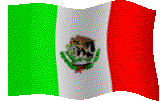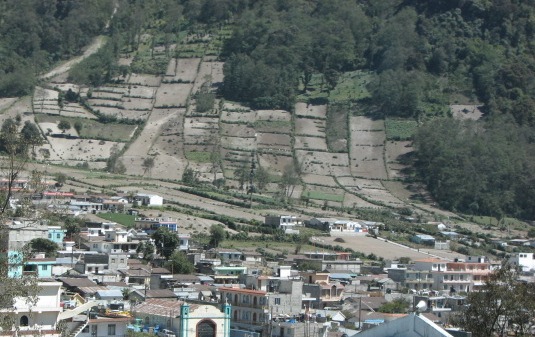 Culture contact
Culture contactNavigating the site:
Mexico
![]()
Keene and Haynes, Latin American History .![]()
perspective | cultural identity | imperial means
The Antilles provided a proving ground where all of the Old World animals, and diseases, could be harbored,
stored and grow in numbers. As new animals were brought over they “increased so fast that soon the back country of the Antilles swarmed with feral livestock”
(Crosby 52).
This advantage was enabled European invasions of the mainland because once the animals were needed they were brought over directly from the Antilles and were ready to take over and claim their new home in the New World.
The prevalence of cattle and horses alone proved to hold many benefits that completed the invasion of the New World. According to Keene and Haynes A History of Latin America, we can see the effects of cattle in Mexico, “A horde of animals swarmed over the land, often invading not only the land vacated by the dwindling native population but the reserves of land needed by their system of field rotation”
(p.87).
The native or indigenous agriculture was based on vegetables; manioc in the tropical lowlands, and corn in the tropical to temperate highlands were the staple crops, but were supplemented by beans and squash.
perspective | metaphor | two means | Back to start
Hints: Interpreting the author's meaning.
Architect's curves: a device for drawing non-linear designs used by graphic artists and architects who design buildings
consciousness: the mental awareness of a situation in relation to memory, awareness, experience, and conditions, as opposed to the unconscious, autonomic habitual or reflexive qualities of the mind.
metaphor: a comparison of two unlike things without resort to using the words "like" or "as;" in contrast to a simile, the metaphor is a figure of speech an underlying characteristic of using language figuratively. see antonyms.
more about words | free writing | vocabulary | Writing | Writing papers | about worldviews


